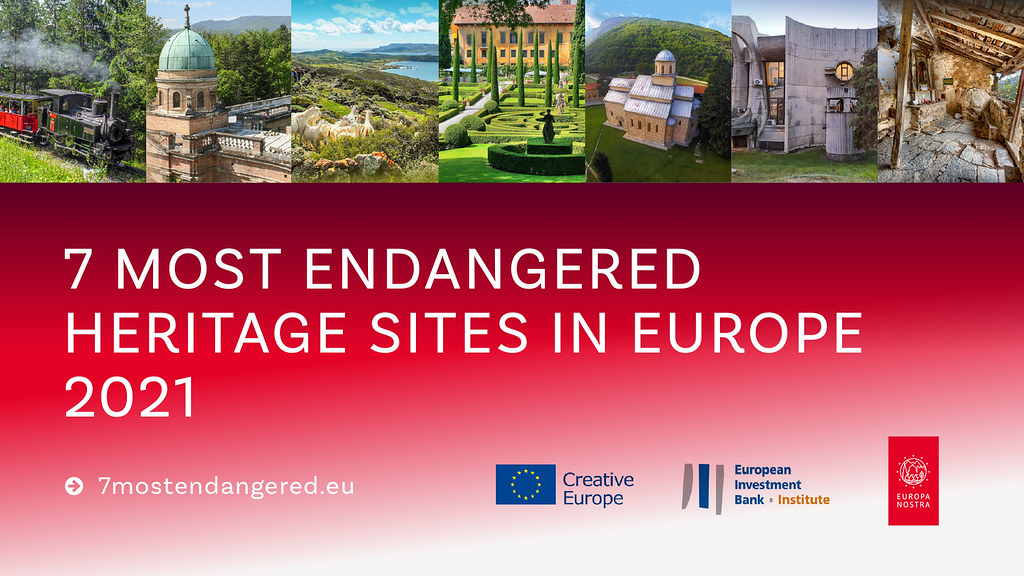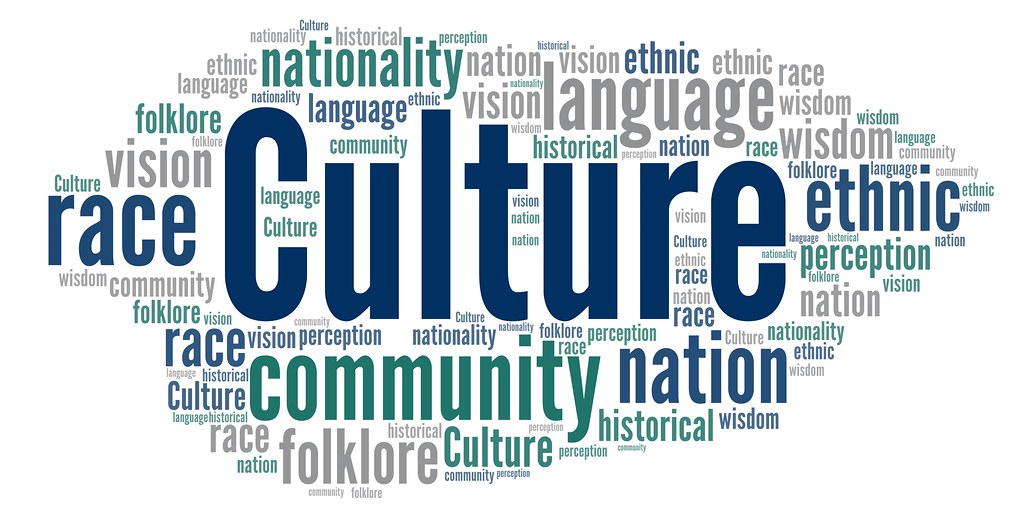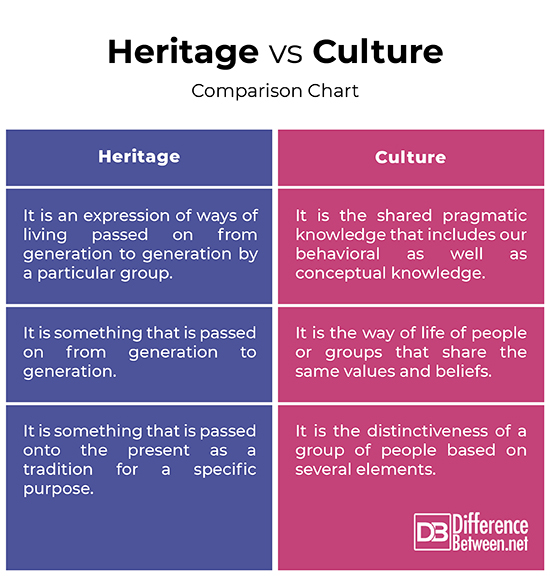Difference Between Heritage and Culture
The two concepts may sound very similar to some people as they often mean the same thing, but they are different concepts used in a different context. Heritage relates to inheritance, meaning passing of the beliefs, objects and culture from one generation to the next, like a tradition. Culture is the way of life, knowledge, ideas, customs, laws, and habits of a group of people or society that they accept together as their core values. Culture is the values that define a society. Both the terms are often used interchangeably but the fundamental concept behind the two is very different. Let’s take a look.

What is Heritage?
Heritage is a crucial factor in the process of identity formation and a fundamental resource for human development. Heritage is not a thing, a site or a building or a monument – these things themselves are not heritage. In fact, heritage is what goes on at these things or sites or monuments. Heritage is a cultural process, a transition that engages with the present. Heritage means different things to different people and why not. To an individual, heritage means passing of culture, traditions, values and things from previous generations. Heritage doesn’t refer to the objects alone; it’s the individual’s unique sense of family identity, the values, traditions, and anything of value. Heritage looks to the past, but it is something that is passed onto the present as a tradition for a specific purpose.
What are examples of heritage?
Heritage can be physical objects and places like movable assets like artwork, science or technology objects, paintings, sculptures, manuscripts, coins, or anything that can be passed on physically from generation to generation. In addition to movable objects, there are also intangible things such as language, traditions, culture, performing arts, rituals, social behavior that can be part of an inheritance. Our heritage is clues to our past and how we, as a society, have evolved over time.

What is Culture?
Culture is the practice of everyday life of a particular group of people, the characteristics that define them – characteristics such as language, behavior, religion, cuisine, music and arts, social habits, beliefs, values and anything that portray their way of life. A culture is associated with a particular community and thus has a social dimension. Culture is the shared pragmatic knowledge that includes our behavioral as well as conceptual knowledge. Yet, the term culture is varied in its definition as such it cannot be limited to just one simple explanation. Culture can be described as a sum total of collective human beliefs with a structured system that is specific to a nation or a time period.
Let’s say you live in a city where there are roads, schools, parks, museums, hospitals, police stations, and more. But every other city also has these. So, what makes your city so different than other cities? A thriving art scene, holy places, heritage sites, unique architecture, historical places, customs, festivals, and the great outdoors – these are the things that define your city and these things are considered to be part of a culture – the aspects of life that we you enjoy and regard as valuable as a whole.
Is heritage a culture?
Well, heritage refers to the aspects of culture that are inherited from the past generation to the present generation, and it is important to preserve the heritage for the future generations to come. Heritage is an expression of ways of living passed on from generation to generation by a particular group of people, or a society. Culture is the shared pragmatic knowledge that includes our behavioral as well as conceptual knowledge. It is the ideas, customs, beliefs, and social behavior that set us apart.
What is the difference between culture and ethnicity?
Ethnicity is a classification system that identifies a group of people based on their shared attributes. Culture is one classification criteria that distinguish one group from another. Ethnicity is like an identity, a marker that is used to categorize groups of people based on their race, nationality, cultural group, language, customs, beliefs, and so on. Culture is like a code of conduct for a particular social group.
Difference between Heritage and Culture
Meaning of Heritage and Culture
– Culture can be described as a sum total of collective human beliefs with a structured system that is specific to a nation or a time period. It is the shared social characteristics and behavior, beliefs, religion, cuisine, music and arts, language, and so on for a particular group of people that set them apart. Heritage, on the other hand, is an expression of ways of living passed on from generation to generation by a particular group of people, or a society. It refers to the things that you inherit, while culture is the characteristic features that describe a society.
Example of Heritage and Culture
– Heritage refers to the things that are being passed on from generation to generation, and which include customs, traditions, beliefs, values, culture, performing arts, rituals, and social behavior. Culture is the distinctiveness of a group of people based on several elements such as laws, dress, architecture, language, festivals, ceremonies, food, social standards, and so on. All these examples signify shared symbols and beliefs.
Heritage vs. Culture: Comparison Chart

Summary
Heritage refers to the aspects of culture that are inherited from generation to generation; from past to present and to the future, while culture is the shared pragmatic knowledge that includes our behavioral as well as conceptual knowledge. Culture is the ideas, customs, beliefs, and social behavior that set us apart. Culture is a set of identifiable patterns within a social group or a community, and the symbolic structures that are embodiment of that culture, such as social behavior, beliefs, customs, beliefs and traditions.
- Difference Between Caucus and Primary - June 18, 2024
- Difference Between PPO and POS - May 30, 2024
- Difference Between RFID and NFC - May 28, 2024
Search DifferenceBetween.net :
Leave a Response
References :
[0]Albert, Marie-Theres, et al. Understanding Heritage: Perspectives in Heritage Studies. Berlin, Germany: Walter de Gruyter, 2013. Print
[1]Radzi, Salleh Mohd, et al. Heritage, Culture and Society: Research Agenda and Best Practices in the Hospitality and Tourism Industry. Florida, United States: CRC Press, 2016. Print
[2]Kronenfeld, David B. Culture as a System: How We Know the Meaning and Significance of What We Do and Say. England, United Kingdom: Routledge, 2017. Print
[3]Trend, David. Everyday Culture: Finding and Making Meaning in a Changing World. England, United Kingdom: Routledge, 2015. Print
[4]Image credit: https://live.staticflickr.com/65535/48331673207_c42ae1e947_b.jpg
[5]Image credit: https://live.staticflickr.com/65535/51101214274_36e6f2b4fa_b.jpg
